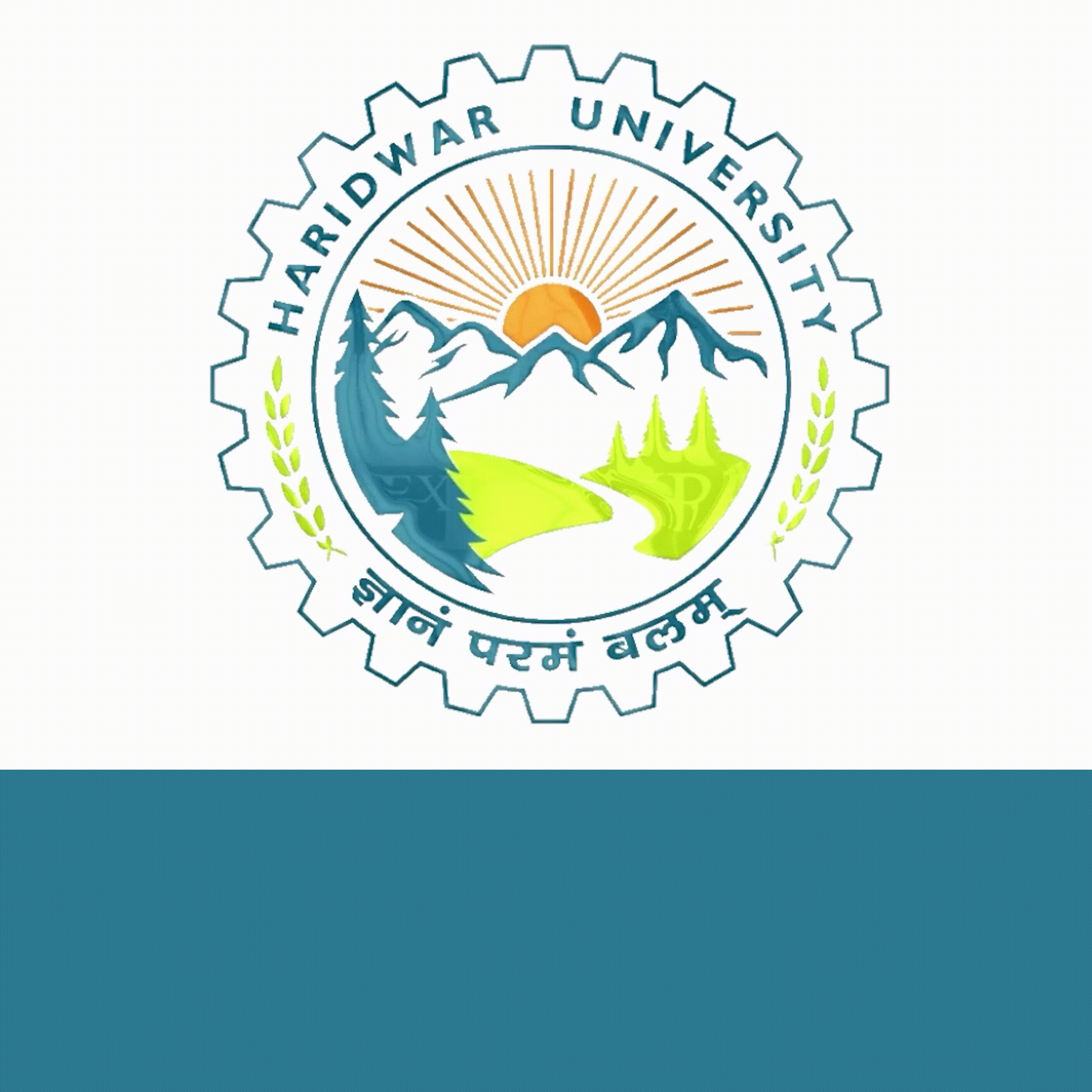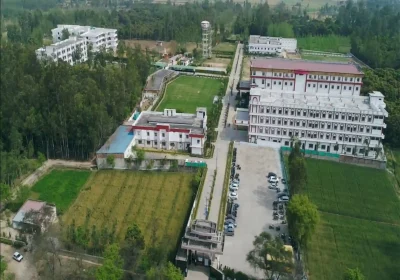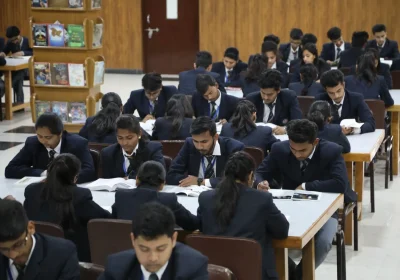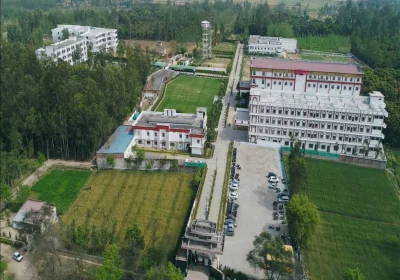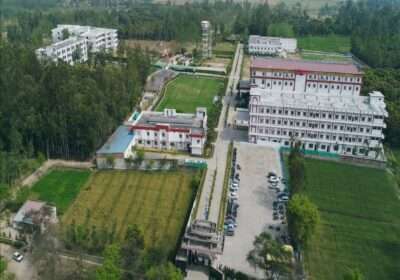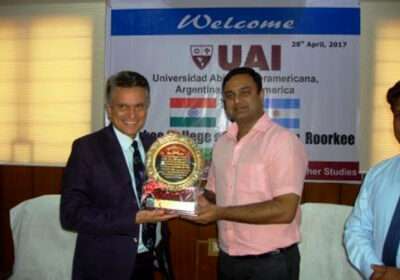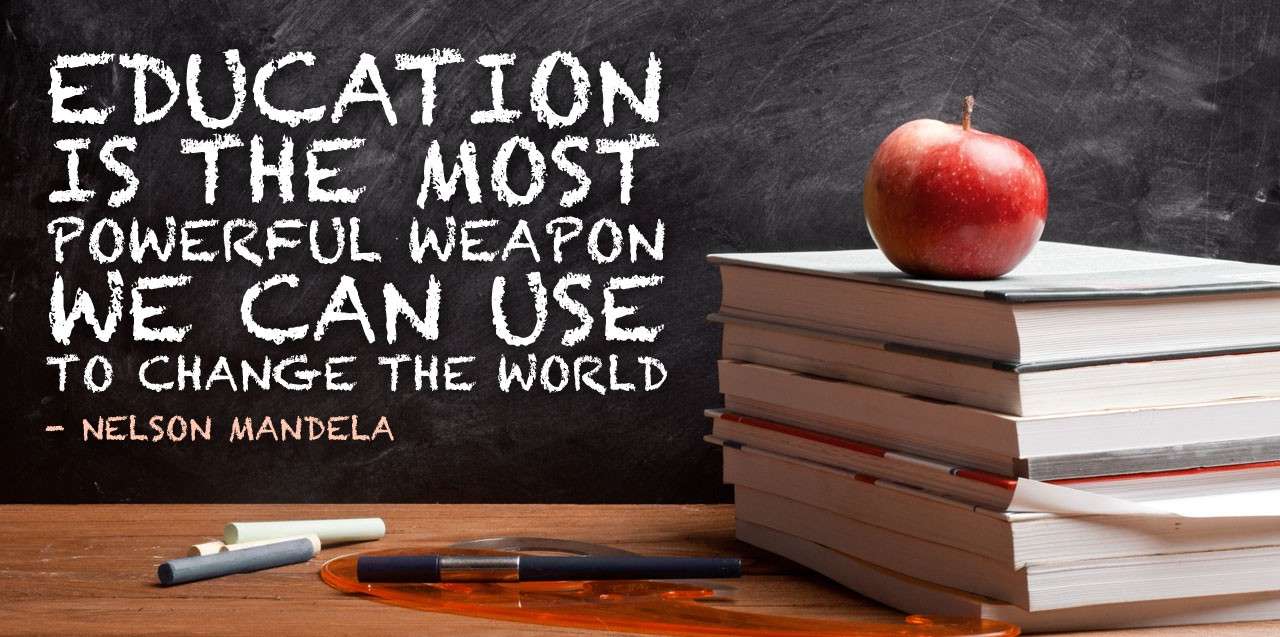
Need of Education for Nation-building in India
The very basic purpose of education is to create skill and knowledge and awareness about our glorious national heritage and the important achievements of human civilization, possessing a basic scientific and technical outlook and commitment to the ideals of democracy, nationalism, pluralism, secularism, and peace along as the cherished goals enshrined in the preamble to the Indian Constitution.
For the above ideal ideas, India needs social spokespersons, economic analysts, technology experts, knowledgeable managers, and political leaders to amplify and use it for the betterment of society. These people are produced by higher education. The University and colleges are the epicenter of higher education activities in our country.
Late Jawaharlal Nehru, the first Prime Minister of India once said in 1947 while addressing the convocation of the Allahabad University -A University stands for humanism, for tolerance, for reason, for the adventure of ideas, and for the search for truth. It stands for the onward march of the human race towards higher objectives. Universities and colleges are places of ideas and idealism. If the Universities and colleges discharge their duties adequately, then, it is well with the nation and the people.
The above observation by our First Prime Minister initiated the formulation of the essential purpose of University education in independent India.
In India, the specific objectives of higher education in the 1990s as evolved were – (a) To seek and cultivate new knowledge, to engage vigorously and fearlessly in the pursuit of truth, and to interpret all knowledge and beliefs in the light of new things and discoveries, (b) to provide the right kind of work ethos, professional expertise, and leadership in all walks of life, (c) to strive and promote quality and social justice, (d) to foster among teachers and students and through them in society generally integrated development of values, inherent in physical, emotional, rational, aesthetic, ethical and spiritual education and (e) to promote the synthesis of knowledge with special emphasis on the unity of scientific and spiritual pursuits that would reutilize our country’s heritage and promote the ideal of the whole world as one united family.
Thus before the end of the Second Millennium India in her nation-building process used education as one of the most prominent instruments. The end of the cold war and the new world order enhanced India’s role in the international arena. Even US President Bill Clinton praised India’s role in the establishment of international peace and understanding. India also strengthened its relational with neighbors including Pakistan during the late 1990s. Its support to the United Nations was also recognized at the world level.
During the first fifty years of our freedom, there was phenomenal growth in higher education. Its expansion was mostly public in character. In 1997 there were 6755000 students and 321000 teachers. The student enrolment in the 1990s was at the rate of 7%. In 1947 the number of students for 1 lakh population was 48 and in 1997 it rose to 613.
The present scenario is well ahead of the situation of India after fifty. Today we are in a knowledge world. The post-globalization world has created some new challenges while retaining the old ones. There is upward mobility in the learner population. Along with that, there is also growth in the institution population as well. As of date, we have 54 Central Universities, 370 state universities, more than 125 deemed to be universities, and 70 Agriculture Universities. There is also growth in the cadre of private Universities whose number 18 September 2017, in the UGC list of private universities lists 279 universities. All these institutions exclude IIT, NIT, IIM, and IISER also. Taken together the total number of institutions imparting higher education including technical, agricultural, etc. are 898. The number is expected to rise also. Among these Roorkee College of Engineering also contributing its efforts to build this young nation by providing technical higher education in Uttarakhand (India).
Roorkee College of Engineering is a primary conduit for the advancement and transmission of knowledge through traditional functions such as research, innovation, teaching, human resources development, and continuing technical, agriculture, and pharmacy education.
In India, higher educational institutions are diversified and they promote their functions and duties as centers of knowledge, as places of professional training; as the crossroads for learning throughout life, and as partners in international cooperation.
We agree that all is not well in higher education. The addition to the number of institutions may not be the sole criterion for accepting the meaningful role of higher education in the nation-building process. Roorkee College of Engineering has a good infrastructure, No politicization of the campus, full of participatory attitude among teaching faculties. The management of the college having a 21st-century mentality and leading the college with a global vision. Roorkee College of Engineering has evaluation, assessment, and action marking and monitoring at each stage. It’s not enough, we as Roorkee College of Engineering need to include more gems in our basket to build the career and future of our students so that they can lead this nation tomorrow.
